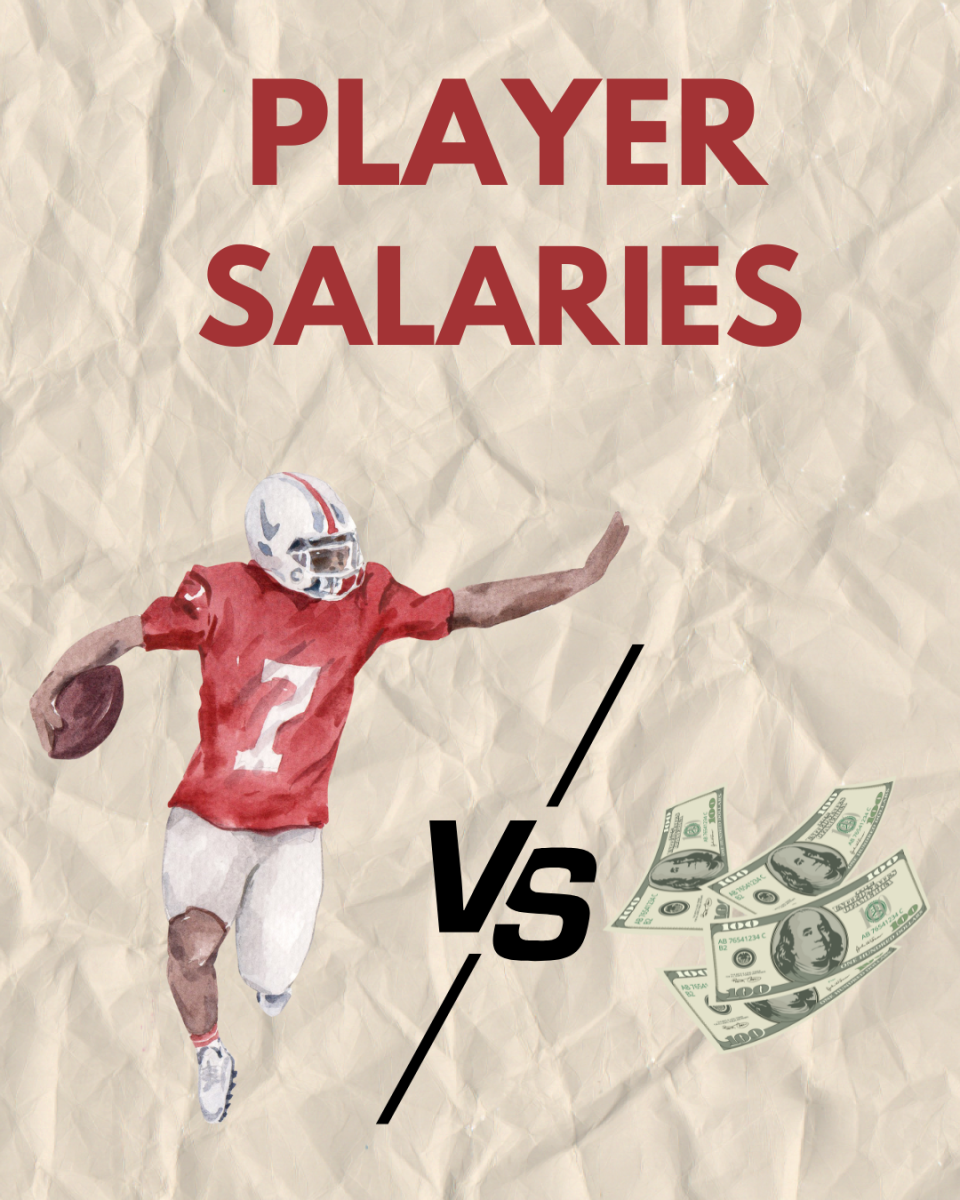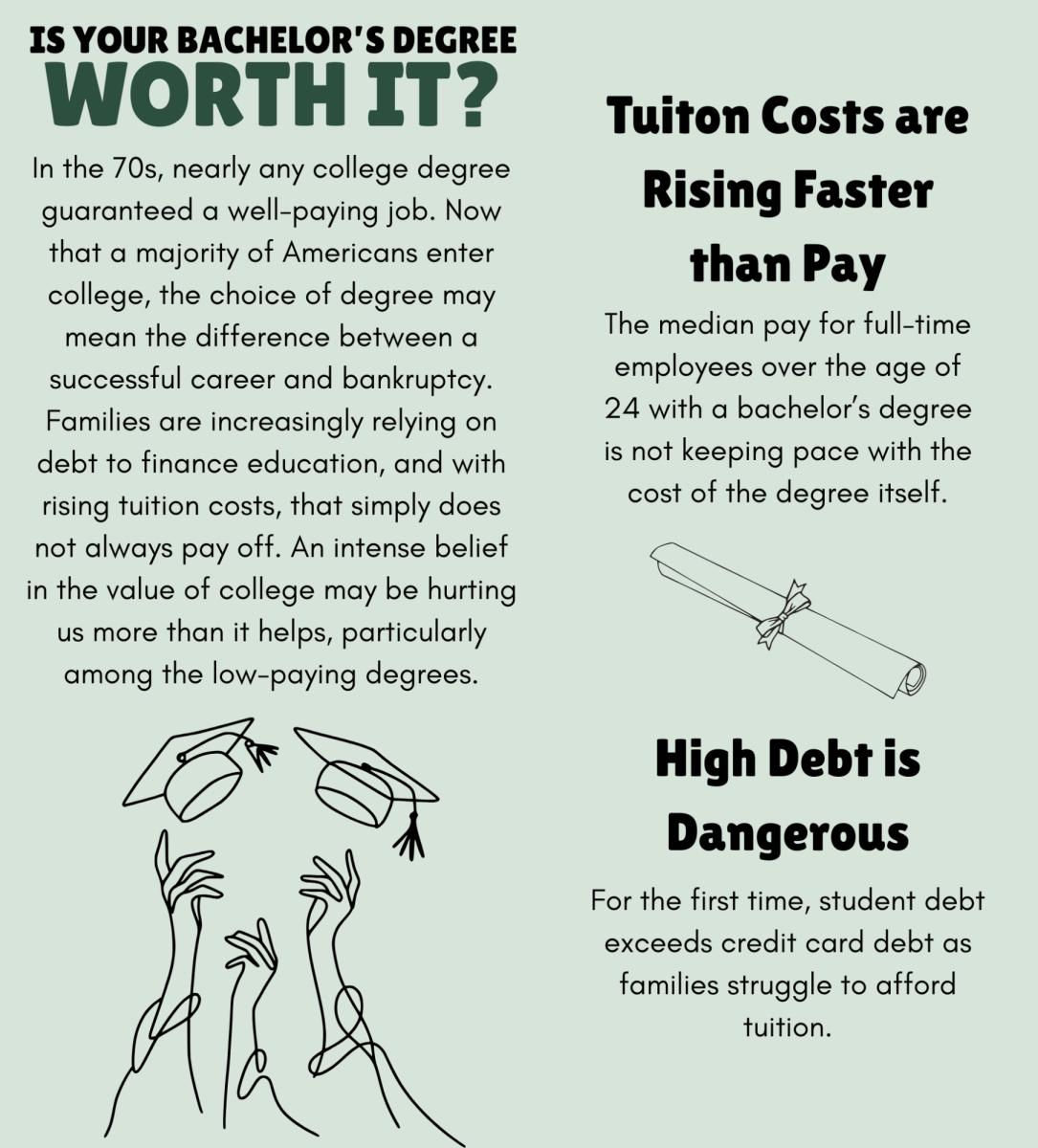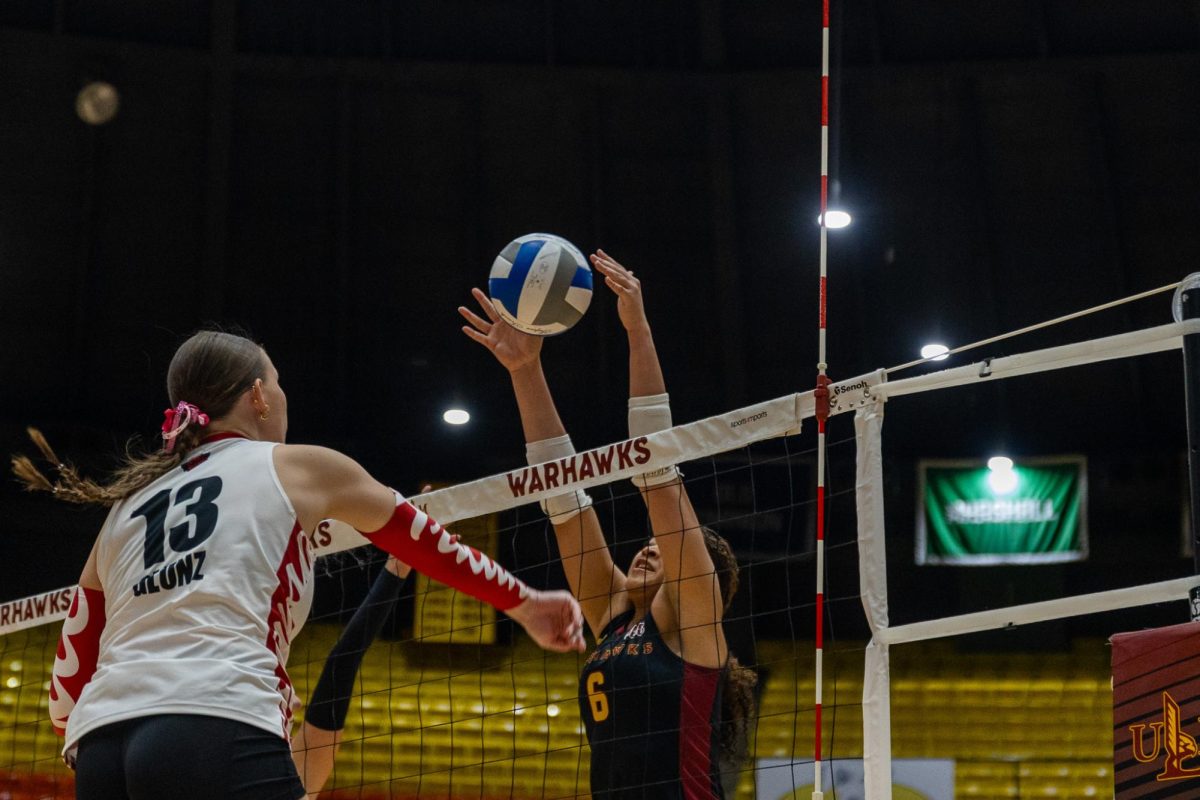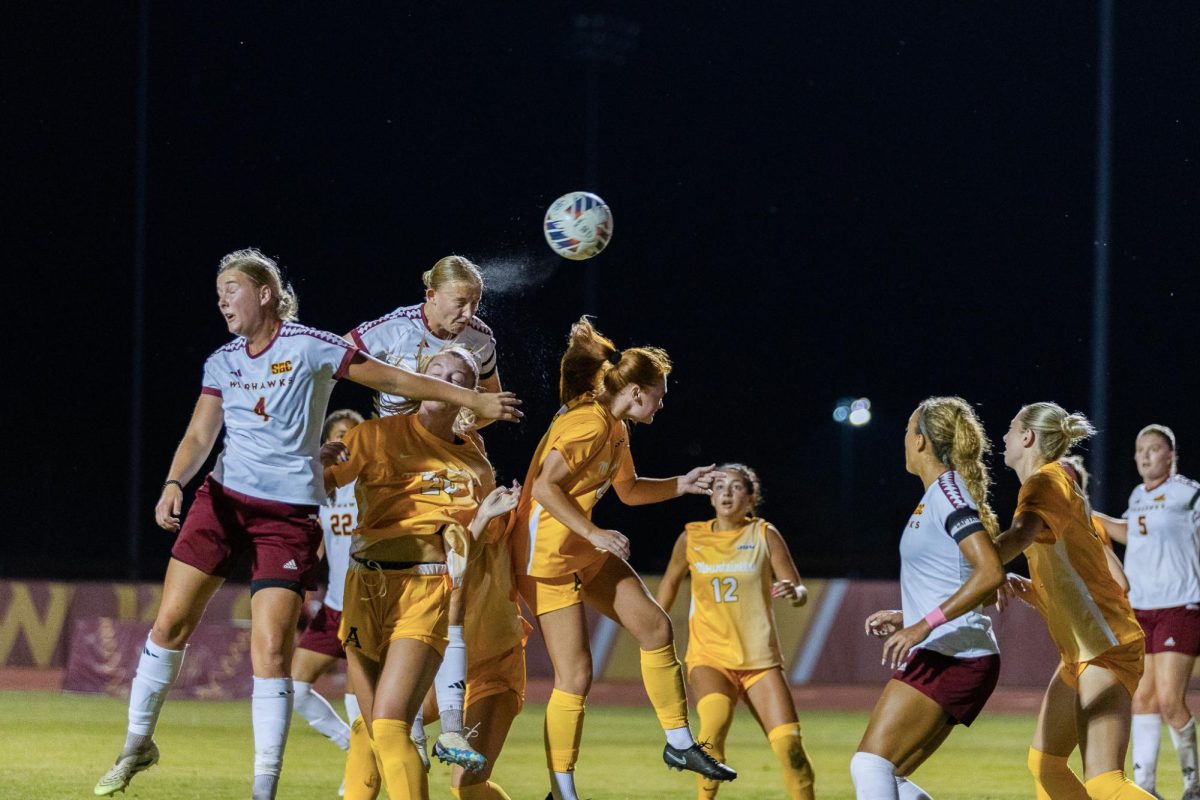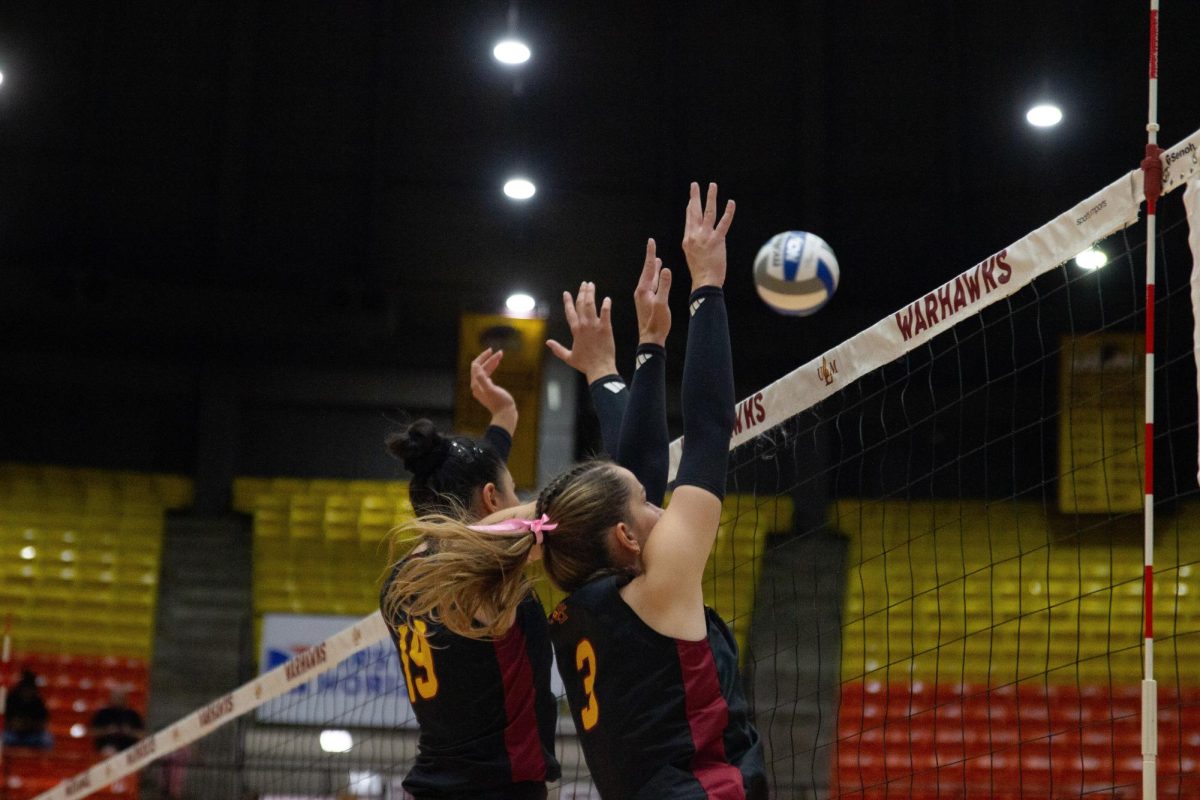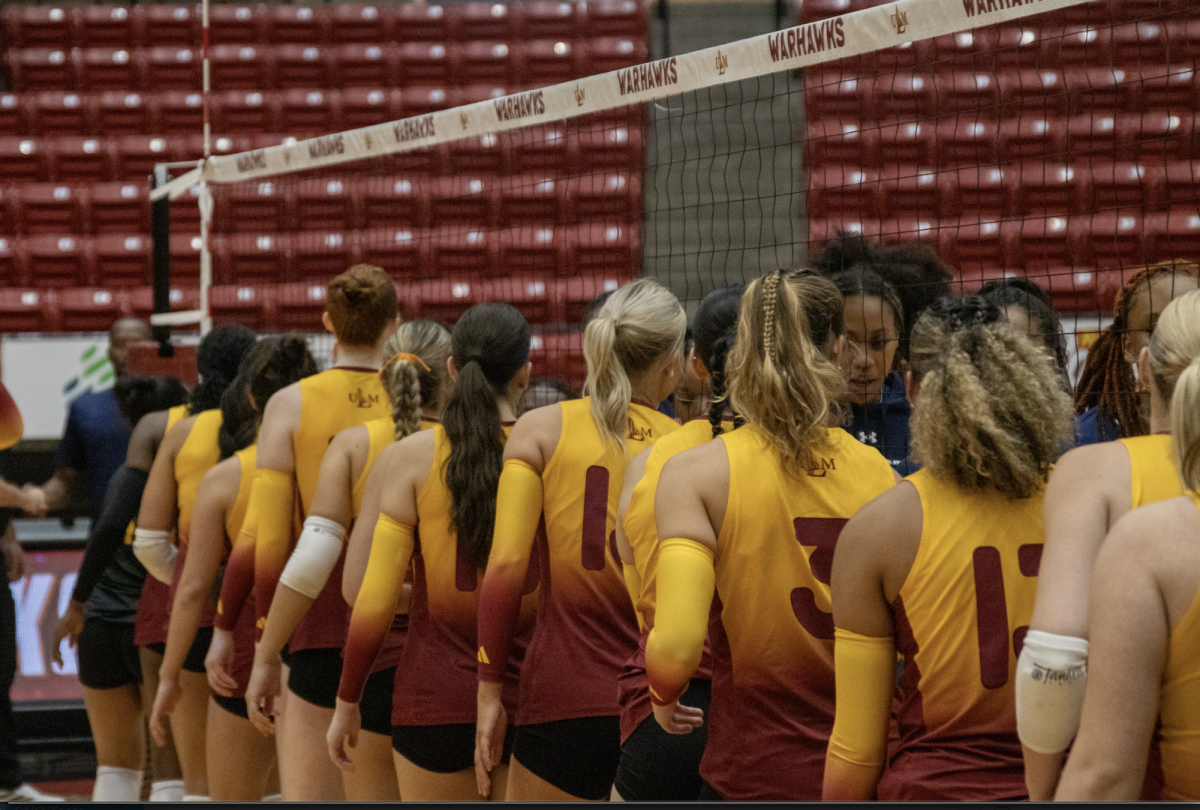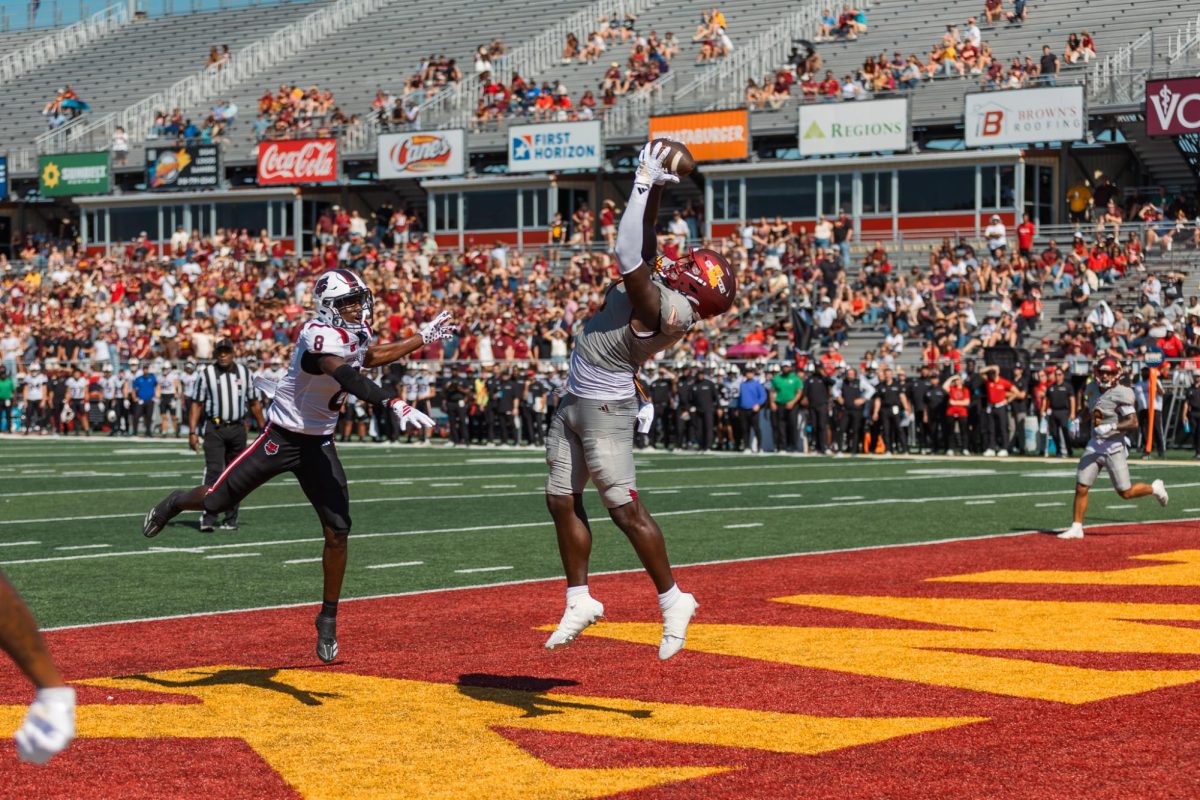A long-held debate over whether professional athletes deserve their large salaries continues today. Although players work hard, attract attention and entertain millions, the salary gap between them and essential workers remains difficult to justify. The major leagues need to reconsider their pay structures and implement better and fairer pay caps.
According to Statista, NBA players earned an average of $12 million in 2024 and ProFootballNetwork reports that the average salary for an NFL player is around $2.8 million per year. Compared to teachers’ $65,220, nurses’ $86,070 and firefighters’ $57,120, based on U.S. Bureau of Labor Statistics data, there is a huge gap in pay.
“I mean, I get it; professional players work hard, but so do doctors, police, but they don’t get millions,” sophomore biology major Utsav Adhikari said. “Feels like our priorities kind of messed up. It also depends upon perspectives, but I think there should be a limit on salaries.”
Within a team, there is also a difference in salaries among athletes. Yes, some players are better than others, but the top athletes already have brand deals with big companies such as Nike and Gatorade, sponsorships from car companies and banks and signature shoe lines. They are not struggling; teams do not need to throw extra millions at them.
Besides that, players’ careers differ, and not everyone has a chance to acquire massive contracts. Former ULM running back Josh Johnson signed with the Seattle Seahawks in 2021. Johnson could have made millions if he stayed longer, but he was dropped and missed out on big contracts. His story is common for many players who work hard but never earn the huge deals that a few stars do. This shows how wide the salary gap is between top players and everyone else in professional sports.
A better system would be one in which leagues capped players’ salaries based on the competition they play in and the number of games they participate in. This would help save money and give more players, such as Johnson a stable career.
“Athletes deserve a good pay, but nobody needs like million-dollar salaries every year to live good,” a computer science junior and soccer fan Isaac Isidahome-Iyobe said. “The organizations should make it fair for everybody, not just focus on top 1%.”
Players deserve respect for the effort they put in. They should be compensated fairly, but it appears leagues care more about favoring a handful of stars than making something better. With a more balanced system, leagues could save money and invest in developing youth facilities, scholarships and injury recovery programs for athletes.


